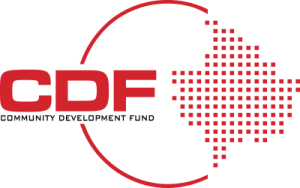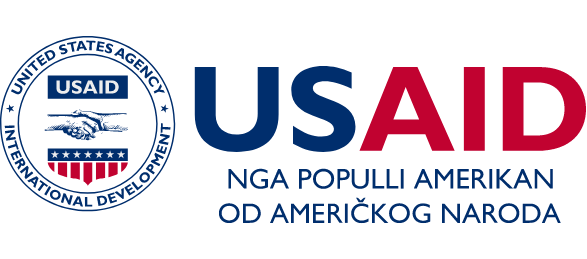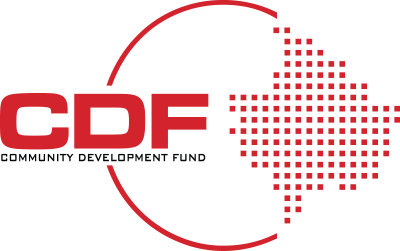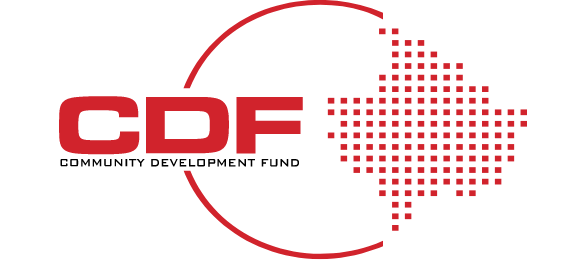In the lexicon of business strategy, Product-Market Fit (PMF) reigns as one of the most consequential phrases. Yet its essence can be nebulous without the precise instruments to measure it. For MSMEs operating in the unique Kosovo market, the ability to quantify PMF is not merely advantageous—it’s indispensable. This comprehensive guide aims to delineate the Key Performance Indicators (KPIs) and other metrics that Kosovo-based MSMEs can employ to measure PMF with nuanced accuracy.
The Importance of Metrics in Assessing PMF
In business, what can’t be measured can’t be managed. The quest for PMF is a dynamic endeavor, not a static state. To navigate this flux, businesses must employ metrics that can offer actionable insights.
Example: A Kosovo-based IT solutions company providing cloud services to local businesses can use metrics like Customer Lifetime Value (CLV) to understand if they are delivering enough value to sustain long-term relationships.
Key Metrics for Assessing Product-Market Fit
Customer Retention Rate
One of the most telling signs of PMF is a high customer retention rate. This metric measures the number of customers that continue to engage with your business over a specific period.
Net Promoter Score (NPS)
NPS is an invaluable metric for gauging customer satisfaction and loyalty. It measures the willingness of customers to recommend your product or service. In Kosovo, where word-of-mouth holds substantial sway, a high NPS can be particularly impactful.
Customer Acquisition Cost (CAC) to Customer Lifetime Value (CLV) Ratio
This ratio quantifies the value your business derives from customers relative to the cost of acquiring them. A CLV/CAC ratio greater than 3 is generally considered healthy.
Monthly Recurring Revenue (MRR)
For subscription-based models, MRR provides insights into the predictability and sustainability of revenue. It can be a pivotal metric for tech startups in Kosovo, for instance.
Activation Rate
This metric measures the percentage of users taking a specific action that delivers value within your product. For instance, the activation rate for a Kosovo-based e-commerce platform could be the percentage of new visitors who make a purchase within the first week.
Sector-Specific Metrics
Depending on your industry, there may be metrics unique to your product or service.
Example: For a Pristina-based agritech firm offering IoT solutions for farm management, metrics like “Daily Active Users” of their software platform or “Monthly Crop Yield Increase” for their customers could be relevant KPIs.
Data Collection and Analysis: A Kosovo Perspective
In Kosovo, businesses can utilize various tools for data collection, such as Google Analytics for website metrics or customer surveys. Some may even opt for local market research agencies that understand the peculiarities of the
compass by which businesses navigate the path to product-market Fit. They offer the objective clarity that can otherwise be misconstrued by subjective judgments. For MSMEs in Kosovo, where every decision can have Kosovo market.
Metrics are the amplified consequences; these metrics serve as invaluable tools for both survival and growth.
Through judicious use of KPIs and customized metrics, Kosovo-based MSMEs can not only measure but also optimize their product-market fit, thus anchoring their venture on solid empirical ground. In a market as dynamic as Kosovo’s, being data-driven isn’t just a best practice; it’s a business imperative.








